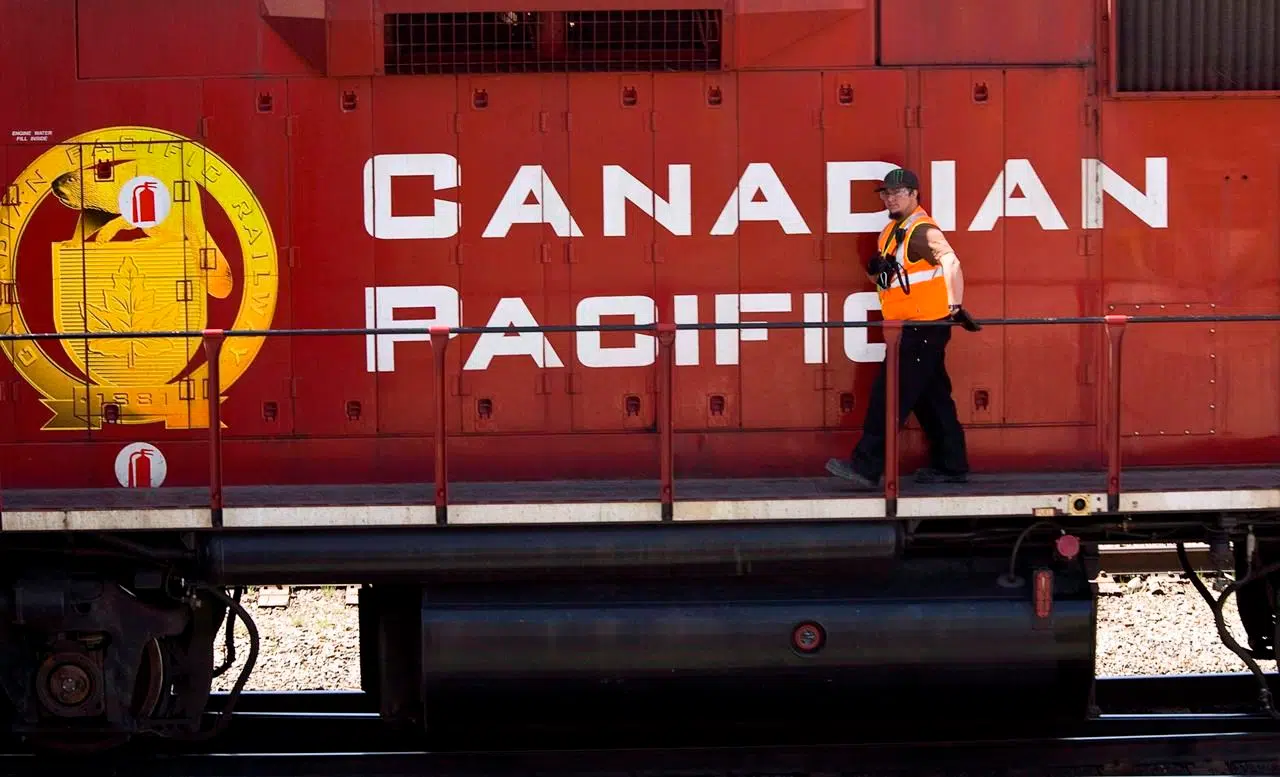
Canadian shippers relieved after CP Rail reaches deal with train crews
MONTREAL — Canadian shippers breathed a collective sigh of relief Wednesday after CP Rail reached a tentative agreement with its train crews to end a strike mere hours after it began.
The Calgary railway and the Teamsters Canada Rail Conference reached a four-year deal and the union also completed a five-year agreement for the Kootenay Valley Railway.
Full operations at both railways will resume across Canada early Thursday morning, the union said in a news release.
“We believe this is a fair contract that our members can feel good about ratifying,” said union president Doug Finnson.


